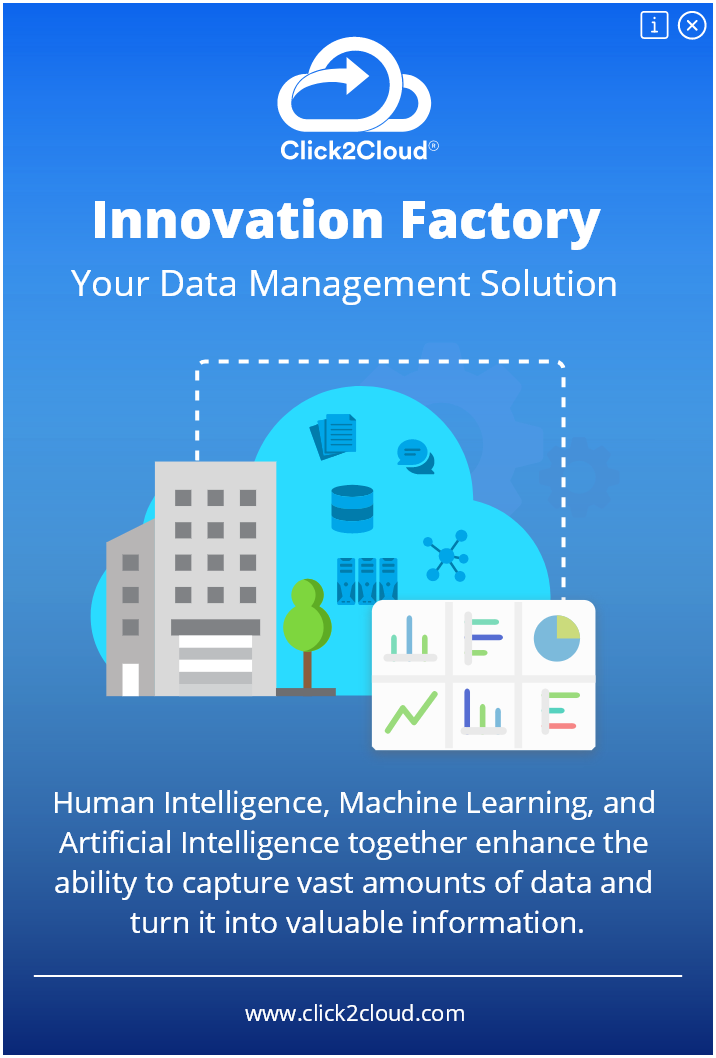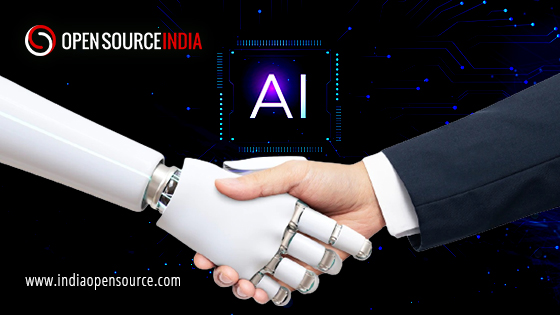Government bodies are getting stricter about data being used to analyze different aspects of consumers’ journeys. The privacy and safety of the users are a priority for the regulatory bodies. Hence, using third-party data to analyze consumer behavior, needs wants, etc is becoming difficult. In this scenario, using first-party data or data gathered by organizations themselves has to be analyzed to get useful insights for the company’s growth.
Conversational Analysis in disclosure analysis is analyzing and understanding the output of human conversations. With AI, conversational analysis is analyzing human speech with chatbots, or virtual assistance devices like Alexa or Siri to get insights.
- What is Conversational Analysis with AI?
- Components of Conversational Analysis
- Benefits of Conversational Analysis
- Challenges for Conversational Analysis
- Conversational Analysis with AI Use Cases
Future of Conversational Analysis with AI
What is Conversational Analysis with AI?
Conversational Analysis is using the Natural Processing Language to allow AI to extract and organize the data from human speech. The data can be extracted from both vocal speech and text speech at scale and is converted into useful outputs.
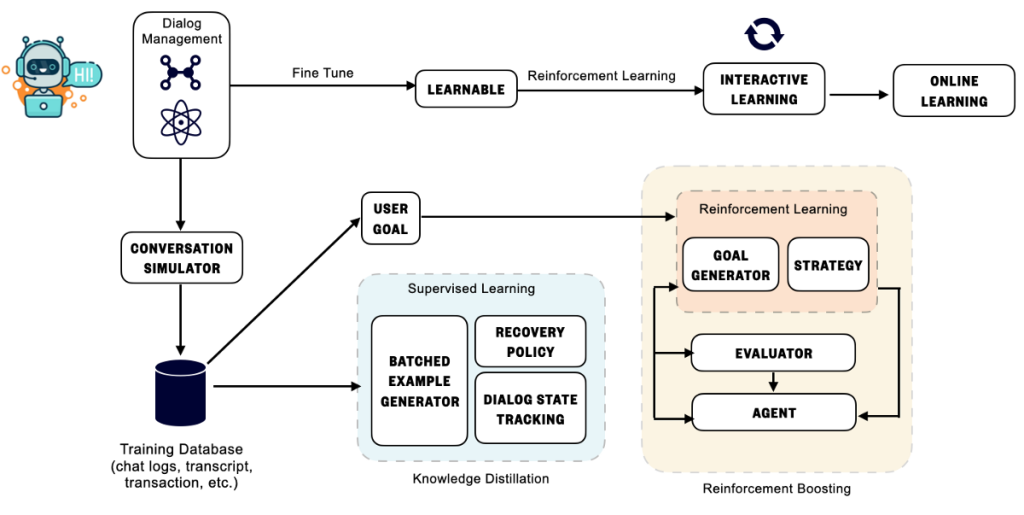
Components of Conversational Analysis
Text analysis
The text interactions such as emails, bot conversations, chats, and social media text are analyzed in this component. Text analysis tools use natural processing language to convert text into machine readable form to understand and extract valuable insights from it.
Speech Analysis
Speech analysis is analyzing vocal conversations to get insights. This conversation primarily includes the call recordings with the customer support team. Speech analysis used the method of transcription to interpret speech.
Voice Analysis
Voice analysis is a step ahead of speech analysis which analyses the modulations of voice to understand the agitation of the speech. Combines with speech analysis, voice analysis can show great insights to understand the vocal conversation.
Sentiment Analysis
Sentiment analysis analyzes the sentiments of the customer. It works on different resources to understand their polarity, emotions, intent, and urgency. Sentiment analysis has a massive potential to understand the customer and create better business strategies.
Benefits of Conversational analytics
There are many benefits of understanding users’ conversations. It helps in understanding their needs and expectation from the brand. Conversation analysis can help you to understand the pain points of your users. You can identify the reasons for their frustration and potential setbacks in the process of conversion.
Understanding your users can give you a broader perspective of your place. Conversational analytics helps you understand the users, plan correct business strategies, create better solutions, and improve customer satisfaction.
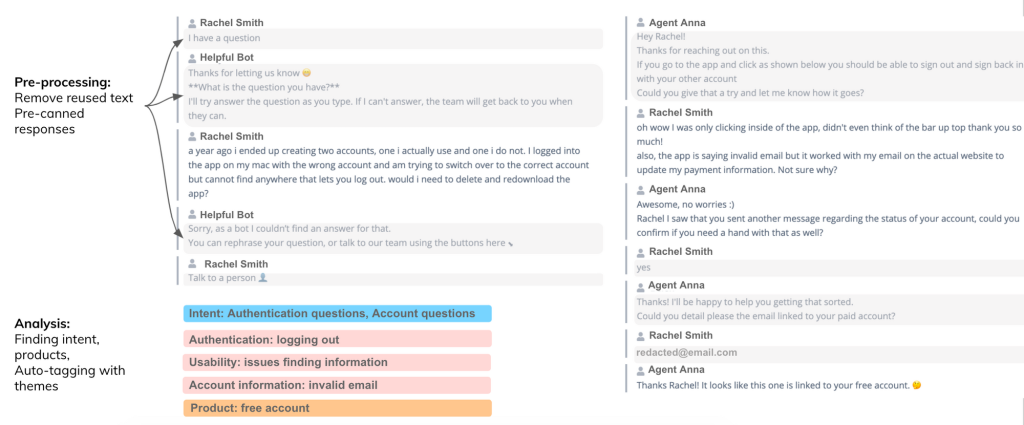
Challenges for Conversational Analysis
People have conversations in different manners that limit the potential of conversational analytics. For instance, there are synonyms for words and although people use the synonyms interchangeably, there are some specific differences between them. Training an AI model for all the synonyms and their possible intents is challenging. Another challenge is sarcasm. Training a model for sarcasm is also difficult as people use the opposite of what they actually mean. Typos and slangs are other challenges for conversation analysis. For slang, the AI model for conversational analysis has to be trained regularly.
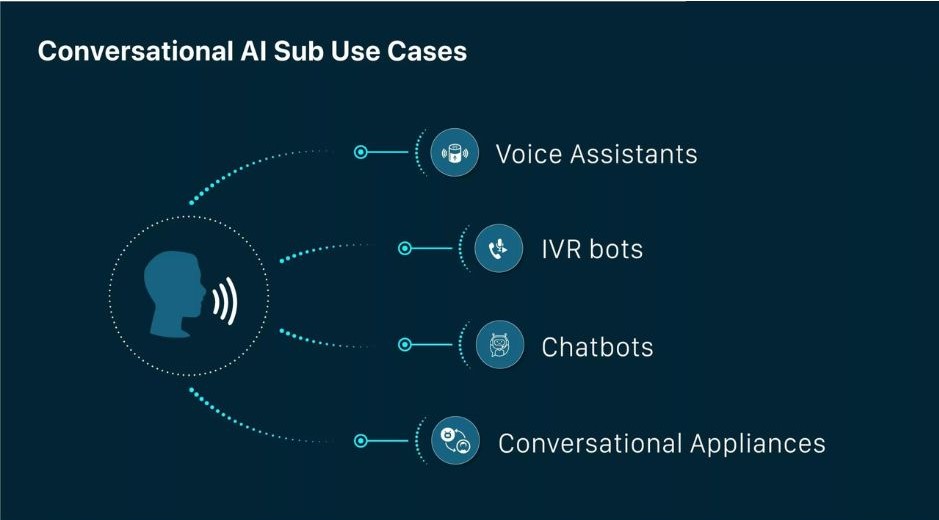
Conversational Analytics with AI Use Cases
Retail
The retail industry shows the best Conversational Analytics example as it can help retail business owners by providing them deep insights into the exact needs of the customers by analyzing text, speech, voice, and sentiments. They can use insights for product recommendations, inventory management, and even for offering discounts.
Healthcare
A conversational AI model can help the healthcare industry by scheduling appointments, understanding emergencies, providing rule-based suggestions to the patients, and providing 24/7 assistance. Conversational analytics in healthcare can transform the way people seek doctors’ assistance and medical help.
IoT Devices
IoT devices are leveraging the use of conversational analytics by understanding human speech and interacting with them. Voice assistance like Amazon Alexa and Google Home are great examples of using conversational analysis in IoT devices.
Banking and Finance
The banking and Finance industry can also leverage the benefits of conversational analysis by providing account details like account balance, withdrawal details, and expenditure insights and helping users understand the flow of their money.
Customer Support
Conversational analysis can provide customer support by understanding customers’ queries, doubts, and questions. It can provide order and shipment details over text or SMS or can ask for feedback.
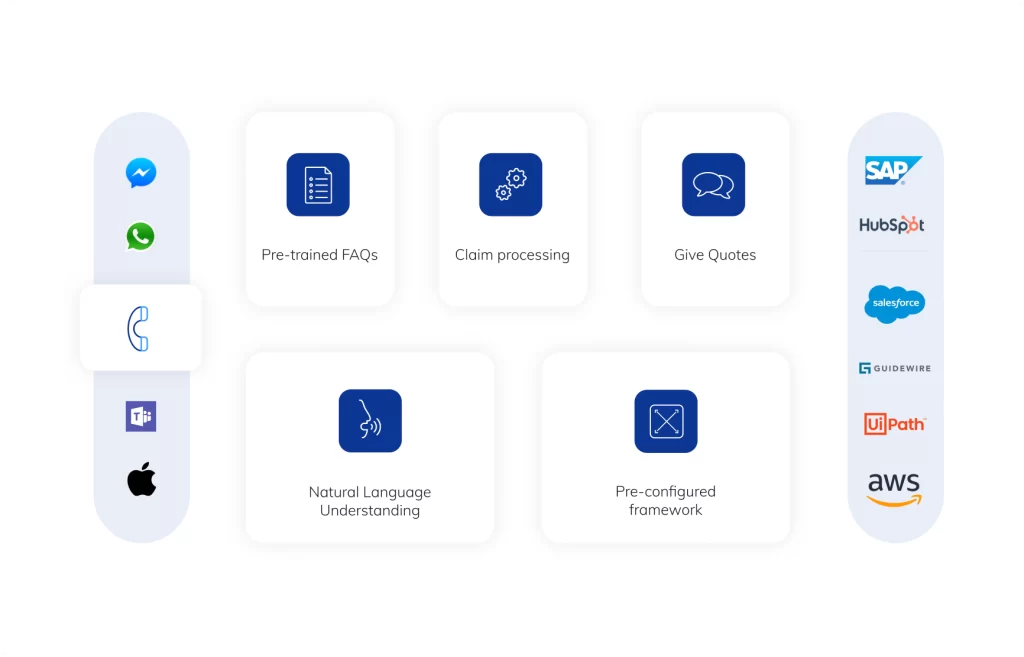
Future of Conversational Analytics with AI
In the future, conversational analytics will help organizations understand the sentiments of their users better and provide better solutions. The conversational analytics with AI will provide the ability to have better and more interactive conversations with users. The AI models will be able to understand queries and resolve them without any human intervention to give better customer support.
Conversational analytics will pave the way for better voice-based support for rule-based queries by training AI models to understand the emotions, intent, and polarity of the conversations.
Conclusion
Conversational analytics is a very important aspect of customer analysis to understand them through their conversations. The potential lies in the understanding of text and voice data and providing insights into customers’ feelings. It can handle the massive amount of data produced regularly and automate the analysis process to provide daily customer insights. Conversational Analytics tools have great potential in every industry and if deployed thoughtfully, can transform the workflow and business strategy of organizations.
FAQs
-
What is natural language processing good for ?
Natural language processing helps computers communicate with humans in their own language and scales other language-related tasks, NLP makes it possible for computers to read text, hear speech, interpret it, measure sentiment and determine which parts are important.
-
What is natural language processing in artificial intelligence ?
Natural language processing (NLP) is a branch of artificial intelligence within computer science that focuses on helping computers to understand the way that humans write and speak. This is a difficult task because it involves a lot of unstructured data. The style in which people talk and write (sometimes referred to as ‘tone of voice’) is unique to individuals, and constantly evolving to reflect popular usage.





